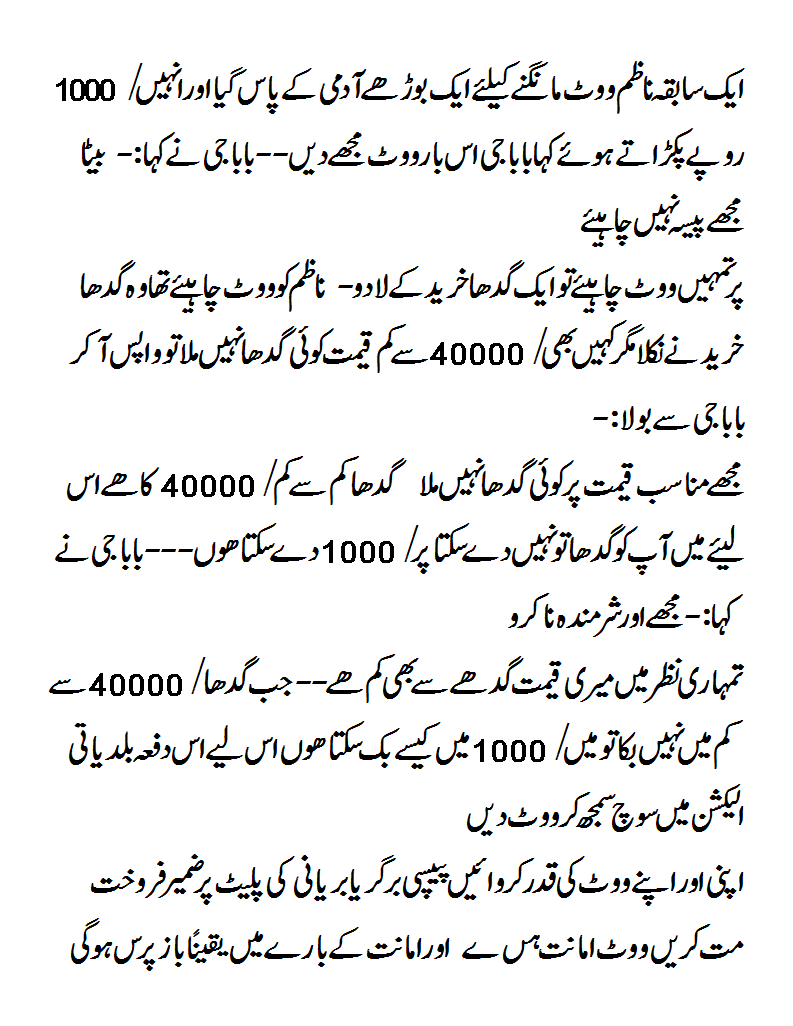election, the formal process of selecting a person for public office or of accepting or rejecting a political proposition by voting. It is important to distinguish between the form and the substance of elections. In some cases, electoral forms are present but the substance of an election is missing, as when voters do not have a free and genuine choice between at least two alternatives.
Most countries hold elections in at least the formal sense, but in many of them the elections are not competitive (e.g., all but one party may be forbidden to contest) or the electoral situation is in other respects highly compromised.
Although elections were used in ancient Athens, in Rome, and in the selection of popes and Holy Roman emperors, the origins of elections in the contemporary world lie in the gradual emergence of representative government in Europe and North America beginning in the 17th century.
At that time, the holistic notion of representation characteristic of the Middle Ages was transformed into a more individualistic conception, one that made the individual the critical unit to be counted. For example, the British Parliament was no longer seen as representing estates, corporations, and vested interests but was rather perceived as standing for actual human beings.
The movement abolishing the so-called “rotten boroughs”—electoral districts of small population controlled by a single person or family—that culminated in the Reform Act of 1832 (one of three major Reform Bills in the 19th century in Britain that expanded the size of the electorate)
was a direct consequence of this individualistic conception of representation. Once governments were believed to derive their powers from the consent of the governed and expected to seek that consent regularly, it remained to decide precisely
who was to be included among the governed whose consent was necessary. Advocates of full democracy favoured the establishment of universal adult suffrage. Across western Europe and North America, adult male suffrage was ensured almost everywhere by 1920, though woman suffrage was not established until somewhat later (e.g., 1928 in Britain, 1944 in France, 1949 in Belgium, and 1971 in Switzerland)
